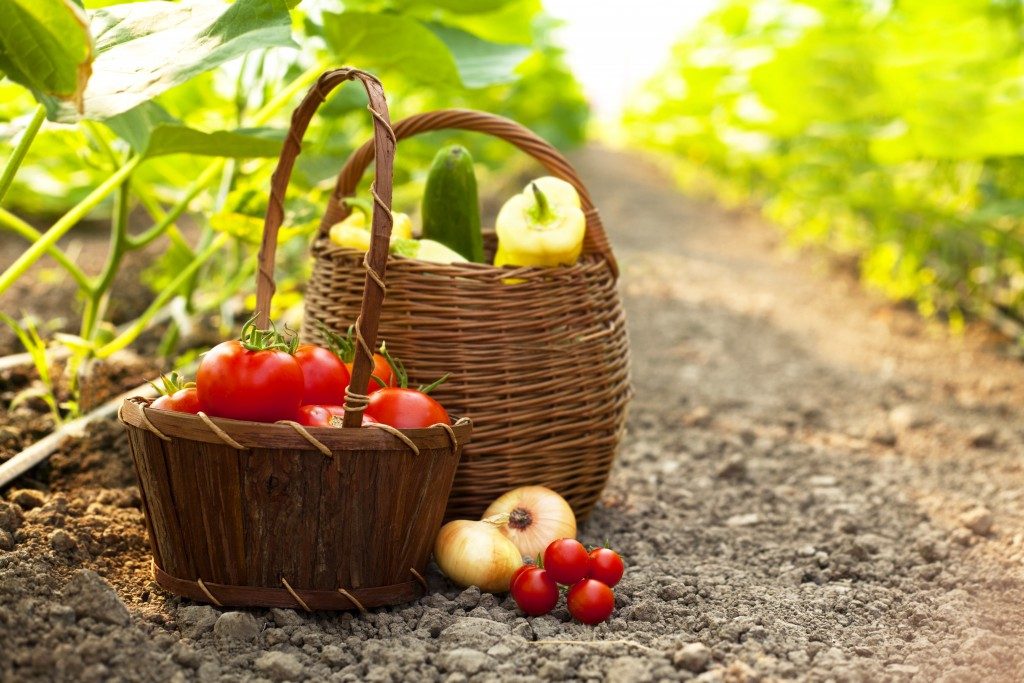Farm produce like fruits and vegetables are important to human consumption and diet. Organic farming has inspired people of all ages of the value of food to one’s diet and well-being. Modern movements pushing for sustainable farming and healthy living raised awareness to the importance of food, not just as sustenance but also as medicine.
Food as medicine
Adults, depending on sex and age, are recommended to eat at least 1½ to 2 cups of fruits and two to three cups of vegetables per day as part of a healthy eating habit. In 2015, only 9% of adults met the recommended intake of fruits and vegetables. People who are not able to eat more fruits and vegetables are at risk of experiencing chronic diseases. Consuming a daily diet rich in fruits and vegetables help in reducing the risk of many leading causes of illnesses and death, which includes heart disease, Type 2 diabetes, some cancers, and obesity.
Food-as-medicine has been an ongoing movement which tells that food, such as fruit and vegetables, can help with people’s health and well-being. In which it holds true, as eating organic food contributes to health because they are rich in vitamins and minerals that are not found in processed food. Fruits and vegetables are from a diverse group of plant foods that varies content in energy and nutrients. These food types also supply dietary fiber that lowers the incidence of cardiovascular disease and obesity. Fruits and vegetables are also sources of phytochemicals that functions as antioxidants, and anti-inflammatory agents.
Access to food
How do we get access to vegetables and food to meet our daily needs? Access to different food vary from place to place, but the local marketplace is common in all culture. Sourcing produce from local farmers is sustainable and it builds trust towards farmers because you know where it’s from.
Mass production of fruit and vegetables is also a source of good food. The trade industry has also made access to good food easier, through the import and export of food from different countries. We get to experience a variety of food source, like how we can get to eat tropical fruits that cannot be grown in the country.
Food safety

Food handling is a meticulous work for farmers and pickers. Naturally, fruits and vegetables do not contain harmful microorganisms that can cause food poisoning or other illness. But fresh produce can be contaminated through contact with soil, water, animals, or improperly composted manure. Produce can also come in contact with harmful microorganisms during and after harvest if not handled, stored, and transported properly.
Proper storage and segregation are important in food production. Farmers, for instance, use fruit bins to reduce contamination while preserving the quality of the food. This way, it ensures that it doesn’t get into contact with pathogens while being transported or stored, preventing foodborne illnesses.
Getting our daily dose of fruit and vegetables can help better our health by providing us with enough vitamins and nutrients to ward off health risks. Having a healthy diet is not the only solution to a person’s well-being, it goes hand in hand with being active or exercise. We are what we eat, if we eat healthy food, then we become healthy.